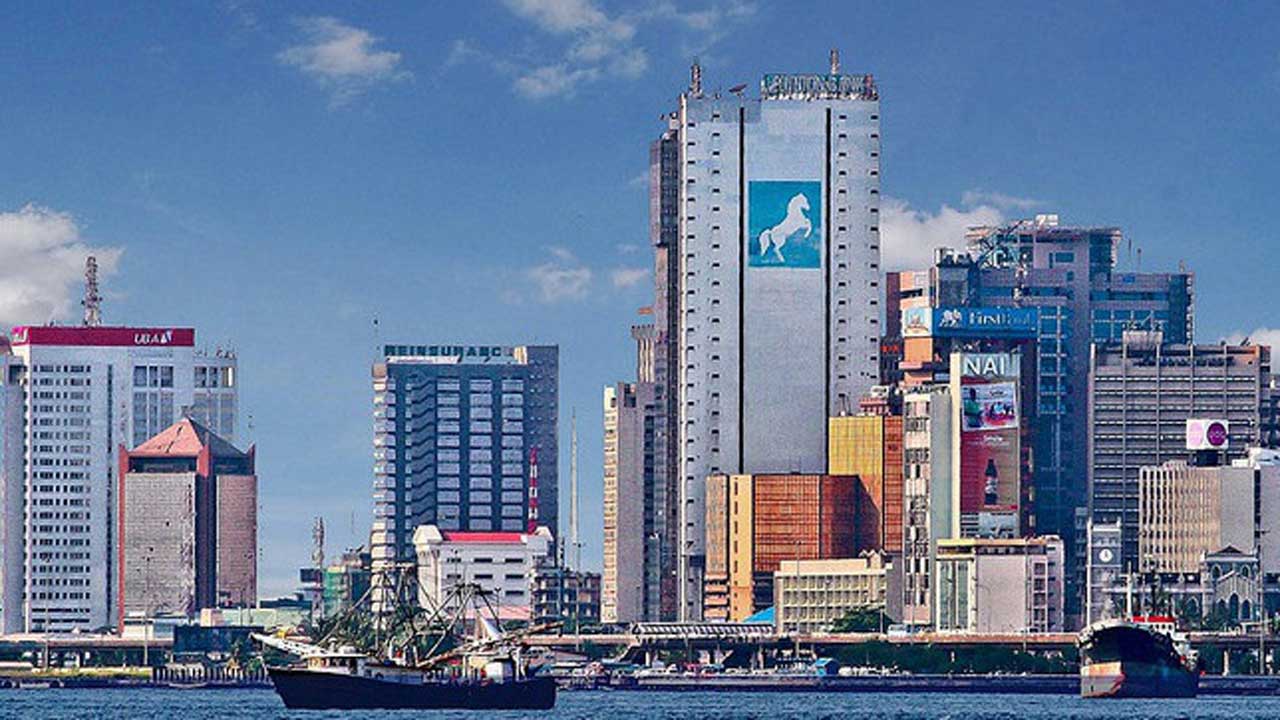
With only three per cent adult patronage in the capital market, stakeholders have urged retail investors to patronise the debt capital market that offers guaranteed higher returns and less investment risks.
Besides, they stressed the need to ensure that proper structures are in place to enhance the development of a deep and expansive debt capital market in Nigeria.
The experts argued that a vibrant debt capital market is highly needed in Nigeria to galvanise capital required for effective business operations.
Indeed, the debt securities hitherto have been marketed mainly to investment funds, pension funds, insurance companies and other institutional investors.
But the current historically low level of returns and high investment risks on conventional savings products, especially stocks, have encouraged a wider range of investors, including retail investors to seek the higher returns that are available in the debt capital markets.
Debt capital markets (DCM), also known as fixed-income markets, are a low risk capital market where investors are lenders to a company in exchange for debt securities.
The experts noted that the global meltdown seriously affected retail investors in the capital market.
According to them, for the retail investors to forget the past and come back to the market may not be easy.
Due to retail investors low risk tolerance, the experts urged them to invest in debt instruments where their capital can be preserved.
Specifically, the Managing Director of HighCap Securities Limited, Imafidon Adonri said the bond market plays a central role in the deepening of financial markets.
“Not only for the diversity of products it offers the market but essentially its role in improving diversification of funding sources and increasing access to credit markets.
“It is therefore the right time to ensure that proper structures are in place to ensure the development of a deep and expansive debt capital market in Nigeria.”
Furthermore, Adonri pointed out that reliance must be shifted from ‘owners’ capital’ and short-term funding from commercial banks to long-term capital from the DCM if Nigeria must witness sustainable development.
He urged government to ensure that all interventions and assisted funding must be issued in bonds, note form, and subsequently listed on the NSE and FMDQ platform.
On increasing retail investors’ participation, he said that there is need to encourage more trading in securities through tax incentives, deepening the use of Islamic finance/non-interest capital market products, broaden understanding of capital market products, reduce over-concentration of trading among other measures.
The Head, Research, FSL Securities Limited, Victor Chiazor said: “The reason for the low patronage can be traced to two major issues which are little or no knowledge about the market as well as low disposable income.
“Until these two issues are dealt with, participation in the debt capital market will remain low. A vibrant debt capital market is highly needed in a nation for raising the needed capital required by businesses to run effectively,” he said
The Chief Executive Officer of the NSE, Oscar Onyema, while addressing participants during the NSE, DMO, Stanbic IBTC Stockbrokers 2019 Retail Bond Workshop held in Lagos, reiterated the exchange’s commitment towards pursuing initiatives that seek to increase participation in debt capital market.
He said the exchange has revolutionised into a multi-asset hub with a N12.47 trillion debt market providing investors access to a wide range of investment opportunities in the domestic and international capital market through the listing of sovereign, sub-national, corporates and supranational debt issues.
“With the launch of the NSE Retail Bond Market, the exchange sought to promote financial inclusion, while stimulating retail investor participation in the Nigerian Debt market.
“Prior to that time, investing in listed debt instruments had been dominated by institutional investors trading in wholesale denominations. The Exchange promises to continue its collaboration with the Government and market stakeholders to collectively enhance market depth and domestic participation in the market.”



